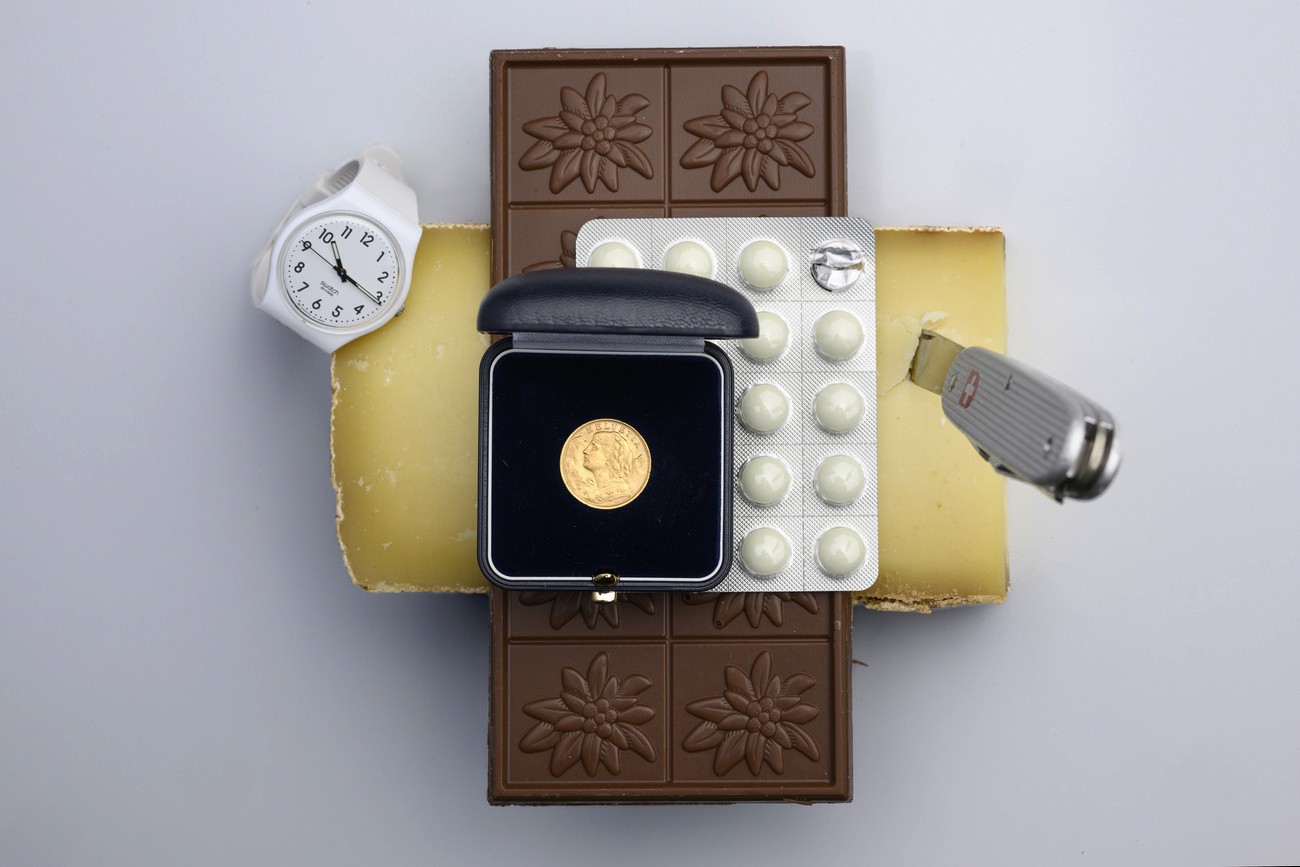
Gold expected to retain its shine

The surge in the price of gold is likely to continue, in the face of a weakening dollar and the threat of hyper-inflation in the United States.
The yellow metal remains the “best wealth preserving asset”, analysts told a conference in Zürich this week.
The Reserve Bank of India purchased about 200 tonnes of gold from the International Monetary Fund last week, and the Swiss National Bank said it posted a profit of almost SFr7 billion in the nine months to September, largely because of an increase in the value of its gold reserves. The SNB recorded a loss in the same period of 2008.
The price of gold has risen by about a third in 2009, climbing above $1,130 (SFr1,142) per ounce this week, driven largely by the dollar’s depreciation and as investors around the world seek a haven from the financial crisis triggered by the collapse of the US sub-prime mortgage market. The currency has shed about 6.5 per cent of its value against the euro this year.
“Gold is the best alternative to the dollar and one of the best performing asset classes since 2001,” James Turk, founder of gold traders GoldMoney, told the first gold conference organised by financial news agency finews.ch.
Gold over greenback
Data presented by US-based Turk showed that gold had outperformed the greenback by about 16 per cent since 2001, and by around ten per cent against both the euro and Swiss franc in the same period.
Investors have turned to gold to protect themselves as governments and central banks around the world have increased spending and lowered the cost of borrowing to try and pull the world economy out of recession.
“We cannot rely on the central banks to do the right thing, so we have to protect ourselves by buying tangible assets like gold and other commodities,” Turk said.
The US faced a real threat of hyper-inflation as the administration and the central bank, the Federal Reserve, borrowed record amounts of money and reduced the cost of borrowing to virtually zero.
“The big question is when the dollar will collapse,” said Turk, who compared the situation in the US now to that of Argentina in 1991, when the South American country’s currency slumped in the face of rampant inflation.
“The cause is the same: it is too much government spending,” he said.
Turning to gold
US-based investor Robert Landis, a member of Golden Sextant Advisors, and whose forefathers hailed from Zürich, said the American government’s decision last year to bail out some of the country’s largest financial institutions “meant the bank’s losses had now become the US government’s losses”.
Foreign investors, such as China, are currently still lending the US money, thereby prolonging the present economic system “but at some point they will turn to gold”, Landis argued.
“Gold is natural money and a powerful symbol of private property,” he told the conference, and said “control over money must be kept away from government”.
Zürich-based investor Tony Deden, whose prime aim is the “preservation of clients’ capital” said his funds now hold more than 45 per cent of their assets in precious metals.
“I hold gold because I trust money less and less,” he said.
Neil MacLucas in Zurich, swissinfo.ch
Gold has occupied a special place in human affections for at least 7,000 years. Its importance as a medium for economic transactions can be traced back to dynastic Egypt.
Almost every major civilisation from ancient China to classical Greece, from imperial Rome to the Incas and Aztecs of pre-Colombian America, has prized gold above all other metals. Gold’s ability to transcend all differences of race, religion and history sets it apart from other metals.
Gold has a low tendency to enter into chemical reactions with other substances. This makes it highly resistant to corrosion and virtually indestructible.
Thanks to its chemical inertness, gold jewellery is much less likely to cause allergic skin reaction than jewellery made of other metals.
(source Credit Suisse)
Some of the motives for investing in gold:
– Long-term investment
– Inflationary environment
– War and social conflict
– Steeply rising commodity prices
– Fear of currency devaluation
– Unstable stock markets
– Danger of financial collapse in major industrialized countries
(source Credit Suisse)

In compliance with the JTI standards
More: SWI swissinfo.ch certified by the Journalism Trust Initiative




























You can find an overview of ongoing debates with our journalists here . Please join us!
If you want to start a conversation about a topic raised in this article or want to report factual errors, email us at english@swissinfo.ch.